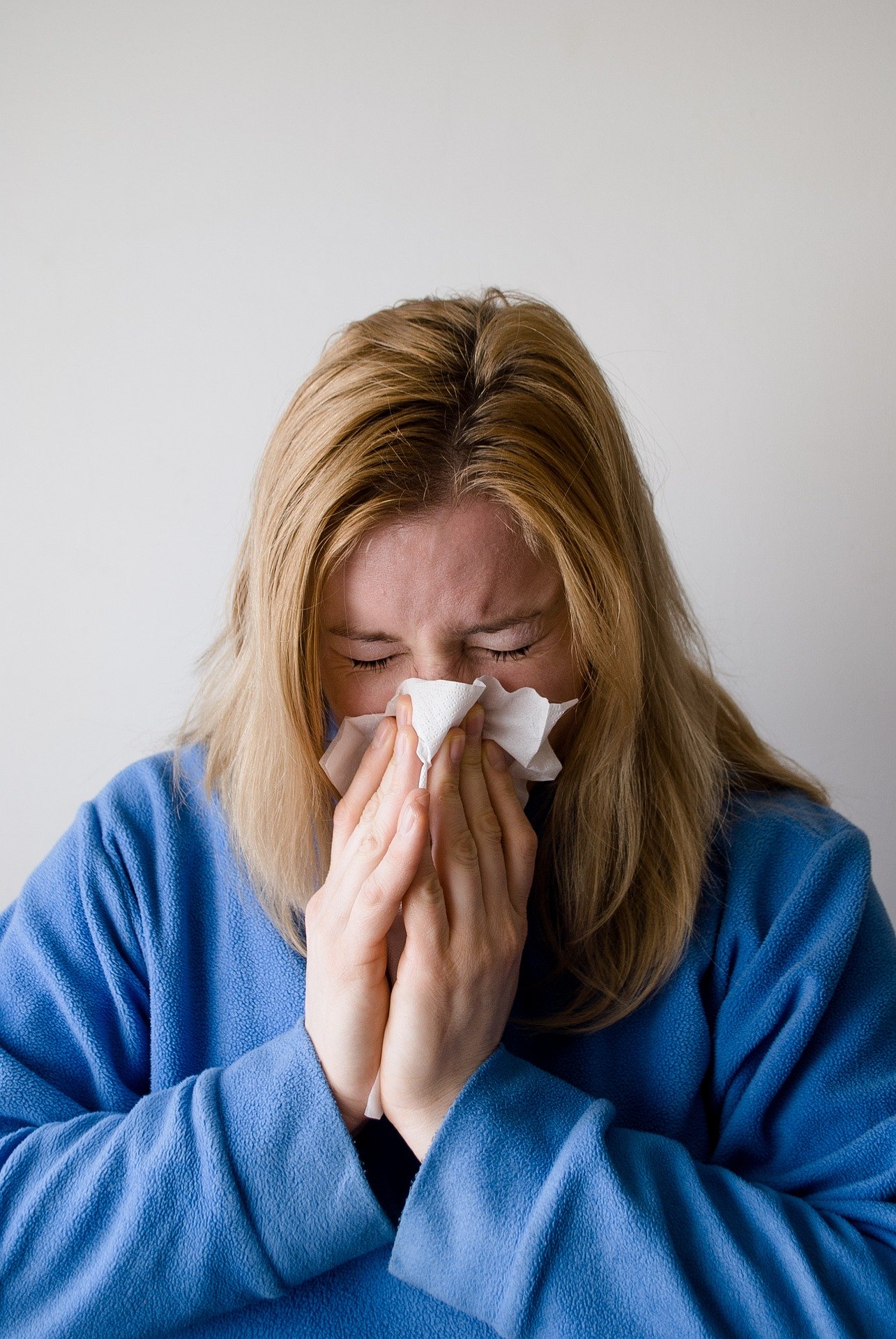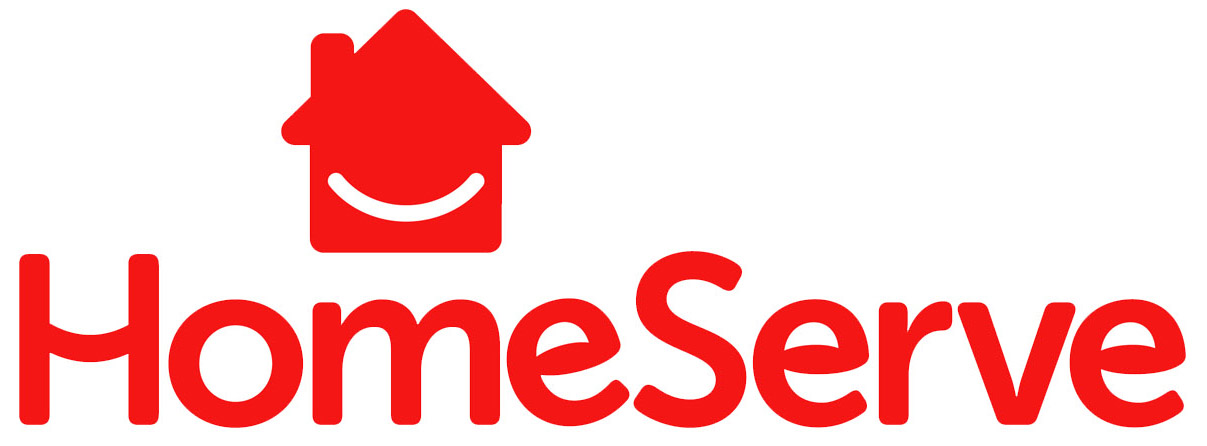Federal health officials have left it up to state and local officials on what measures will be used to prevent or control a coronavirus outbreak in their communities.
“Local and state governments should begin thinking about what this might look like for them,” Dr. Nancy Messonnier, Centers for Disease Control and Prevention’s National Center for Immunization and Respiratory Diseases director, said. “There are a spectrum of actions that c an reduce spread and impact.”
an reduce spread and impact.”
The advice from the CDC is for individuals to remain home if they are showing symptoms, including fever and shortness of breath; wash hands with soap and warm water for at least 20 seconds or use hand sanitizer that includes at least 60 percent alcohol, if soap and water are not available; avoid touching your face, eyes and mouth; cover your mouth and nose with a tissue or your elbow if you cough or sneeze; clean and disinfect frequently touched surfaces; and practice social distancing by avoiding personal contact and large groups.
As an elected official, your residents will be looking to you for frank and timely updates about the situation in your community and for guidance in navigating the outbreak. The best guides will be federal, state and local health officials, but stopping the spread of the virus will be key to maintaining the health and safety of your residents.
Here is a roundup of measures taken thus far by cities around the nation:
- Because handwashing and access to water is vitally important to combatting the disease, some cities have decided not to disconnect water service during the epidemic, allowing those who are behind on their bill to work out a payment plan.
- Residents can be reassured that municipal water treatment removes or inactivates the coronavirus and the disease has not been found in a municipal water supply, according to the CDC. Transmission risk through municipal sewer systems is thought to be low, and wastewater department employees should continue to practice standard precautions. Wastewater processing is believed to remove or inactivate the virus.
- Seniors are being hit hardest by the virus, and they also are disproportionally impacted by runs on everyday items like toilet paper and hand sanitizer. Some city officials have worked with supermarkets to provide senior-only shopping hours to mitigate their risk.
- It’s primary season, and, while some states are postponing primaries, others are not. If you’re in a state that will be holding primaries soon, many boards of election are making hand sanitizer available, sanitizing equipment after use and posting signs reminding voters not to shake hands or come into close contact with each other or poll workers. Voters also are being encouraged by the CDC to vote early or vote by mail when possible.
- Cities are closing down nonessential functions such as parks, recreation centers, senior centers and libraries. Groups that use such facilities are suspending meetings temporarily. Some cities have extended shut downs to popular tourist destinations and congregation points such as theater districts and museums.
- Some cities are cutting back on public transit routes and others are using limited in-service time as an opportunity for more frequent or stringent sanitation of public transit vehicles.
- Even essential functions such as jury trials are being postponed, and defendants and jurors should be given written notice by the effected court that a hearing has been postponed and the new date scheduled for the hearing or jury service. Even the Supreme Court has postponed oral arguments as a precaution for the first time since the Spanish flu epidemic of 1918.
- Many cities and states are canceling or postponing events with an anticipated large number of attendees, including asking religious groups to limit the number of people attending services. The federal government recommends against gatherings of 10 or more. To discourage large gatherings, some governors and mayors have restricted nonessential businesses such as restaurants, bars, gyms and movie theaters.
- Some municipal meetings may be required by law, and you should encourage those attending to participate remotely if possible and maintain distance of at least six feet between those whose attendance is mandatory.
- The federal government is encouraging those employees who are able to telecommute to do so or to take a leave of absence, especially those who are at increased risk from the coronavirus. A few states also have taken that step, and some cities are considering it as well.
- Some cities are shutting down nonessential city offices. While some resident-facing city departments, such as utility offices, remain open, many have online options for bill paying and other services. If those options are available, this should be communicated to residents.
- Cities should keep their residents informed through all possible channels – traditional media, social media and city websites – and many are dedicating specific pages on their websites to coronavirus news and encouraging residents to bookmark them. It is especially important to relay correct information on social media, since misinformation about the virus is rampant on several platforms.
- Scammers are taking full advantage of concerns about the coronavirus, attempting to sell faux cures and phishing for personal information by presenting themselves as CDC or human resources representatives. Make sure your residents are aware of these attempts and how to prevent their information from being stolen.
- In addition, it may be time to shore up your city’s cybersecurity, since hackers, too, are taking advantage of the uncertainty surrounding the outbreak, having launched a distributed denial of service attack on the U.S. Department of Health and Human Resources and probing electrical utilities for weaknesses.
This will be a difficult and stressful time for elected and municipal officials. Clear communication about the virus, how individual residents can prevent the spread and the measures your community is taking to limit the spread will be paramount in helping your residents make the best choices for themselves and your community.

